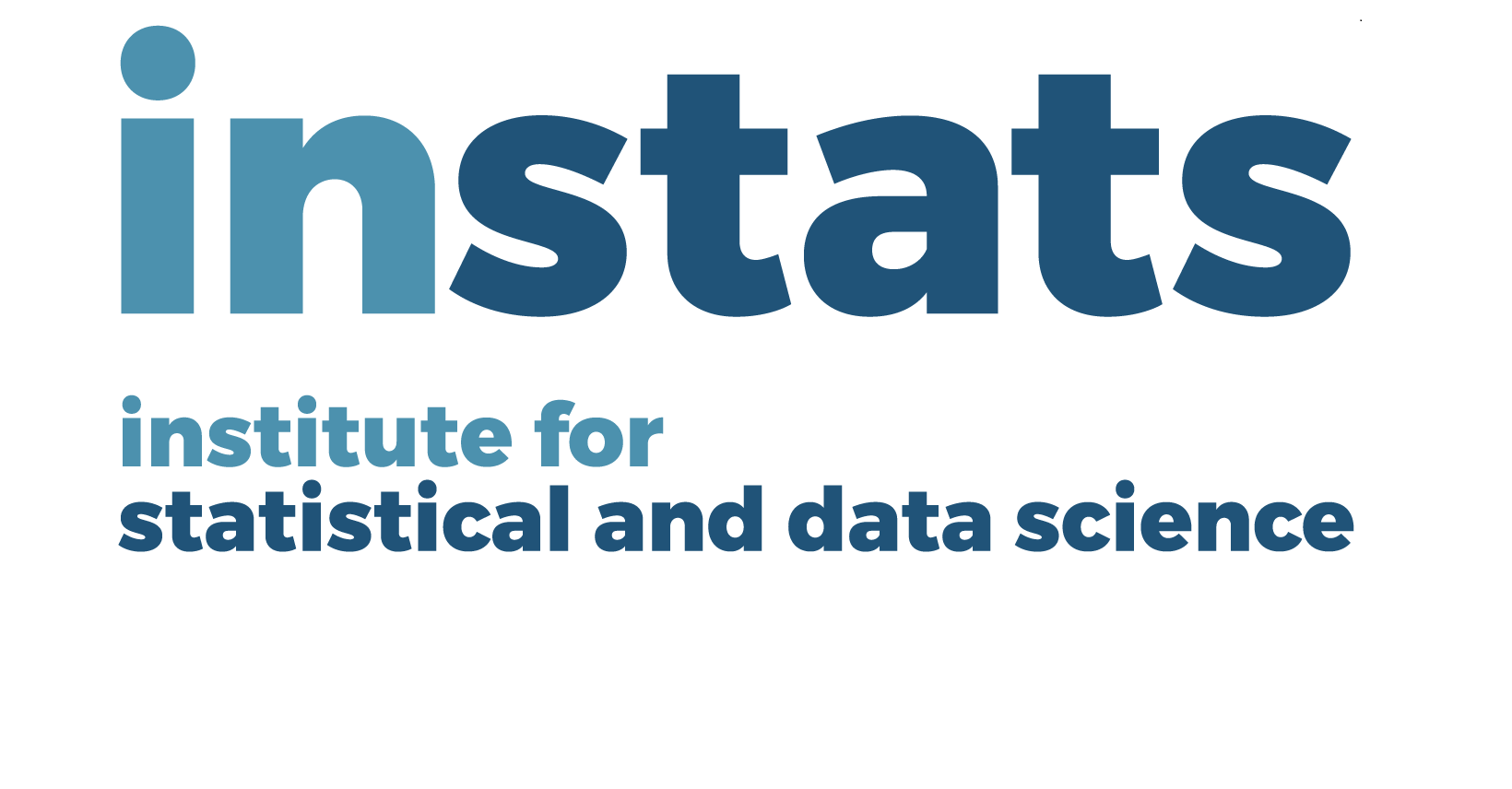

Free Seminar- Introduction to Necessary Condition Analysis (NCA)
Wed, 10 May 2023 - Wed, 10 May 2023
Online
Necessary Condition Analysis (NCA) understands a cause as a necessary (but not sufficient) condition, rather than a probabilistic cause (as in regression analysis). “Necessary” means that an outcome will not occur without a certain level of the condition, independent of the rest of the causal structure (thus the condition can be a “bottleneck”, “critical factor”, “constraint”). NCA is rapidly entering a variety of research fields and can be used as a stand-alone method or in combination with other methods (e.g., multiple regression analysis, structural equation modeling, qualitative comparative analysis). This two-part seminar will introduce you to NCA and then demonstrate the use of R for conducting NCA analysis for your research. An official Instats certificate of completion is provided at the conclusion of the seminar. The seminar offers ECTS Equivalent points for European PhD students.
This seminar on Necessary Condition Analysis (NCA), taught by professor Jan Dul (who invented NCA), will offer a complete introduction to the logic and methods underlying NCA. NCA understands a cause as a necessary (but not sufficient) condition rather than a probabilistic cause (as in regression analysis). “Necessary” means that a certain outcome will not occur without a certain level of the condition. This is independent of the rest of the causal structure (thus the condition can be a “bottleneck”, “critical factor”, “constraint”). NCA is rapidly entering a variety of research fields and can be used as a stand-alone method or in combination with other methods (e.g., multiple regression analysis, structural equation modeling, qualitative comparative analysis).
In this two-session seminar, Session 1 will first offer an introduction to NCA, explaining why it is a valuable extension of the researcher’s and analyst’s toolbox. NCA can provide new insights to phenomena of interest beyond common average effects, and the results can be readily applied in practice: the necessary condition must be put and kept in place to avoid guaranteed failure of the outcome, and waste of efforts. The seminar shows the basics of how NCA is conducted. NCA estimates the 'ceiling line' on top of the data in a scatter plot, rather than a regression line through the middle of the data. The plausibility of a necessary condition in the data is evaluated with NCA’s effect size (size of the area above the ceiling) and p-value. Because a necessary condition acts in isolation from the rest of the causal structure, the parameter estimates do not suffer from excluding confounders (omitted variable bias) as is typically understood in regression models.
Session 2 will demonstrate the software for applying NCA in R using the RStudio interface. The demonstration will follow from the first part of the seminar to illustrate the core functions of the NCA software are by using an applied example. In the short general part, the four main RStudio windows used in this demonstration are explained (script, console, plot, viewer). It is described how the NCA package can be downloaded on the user’s computer, and how the package should be loaded in each NCA session. Also, the different ways of loading data into the session are explained. The main function nca_analysis for estimating effect size and p-value is demonstrated to help decide if a necessary condition hypothesis is plausible. Different ceiling lines will be selected and evaluated, and it is shown how a multiple necessary condition analysis can be conducted. The function nca_output prints a summary of the results and plots the scatterplot. It is discussed how the output is interpreted. Special attention is paid to the bottleneck table and how different representations of this table provides insights about the relevance of a necessary condition. The function nca_outliers evaluates potential outlier cases. The difference between ceiling outliers and scope outliers is explained. A decision tree is show that helps making a decision about a potential outlier.











